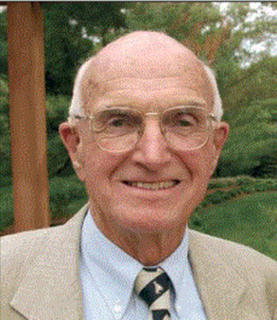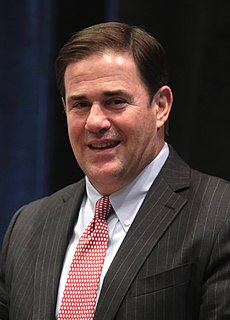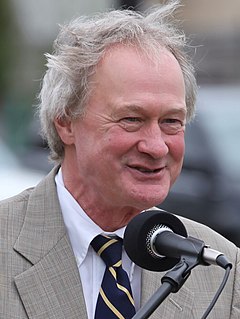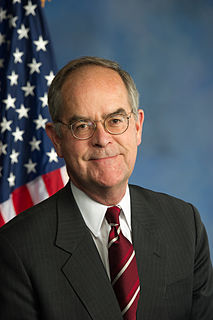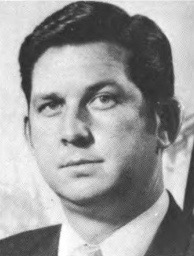A Quote by Jeffrey Bernard
I was under the care of a couple of medical students who couldn't diagnose a decapitation.
Related Quotes
Medical disenfranchisement is fueled by a host of factors that include worsening shortage of primary care doctors in needy communities and a troubling scarcity of providers willing to treat the uninsured or publicly insured. Adding to the trend are fewer medical students choosing primary care over more lucrative and specialized fields.
I tell [medical students] that they are the luckiest persons on earth to be in medical school, and to forget all this worry about H.M.O.'s and keep your eye on helping the patient. It's the best time ever to be a doctor because you can heal and treat conditions that were untreatable even a couple of years ago.
It is taken for granted that workers should receive their pay partly in kind, in the form of medical care provided by the employer. How come? Why single out medical care? Surely food is no less essential to life than medical care. Why is it not at least as logical for workers to be required to buy their food at the company store as to be required to buy their medical care at the company store?
In medical school, students are immersed in the realm of medical ethics. It's where new doctors study, learn right and wrong, ask tough questions, and discuss things like end of life care, genetic testing, and patients' rights. In lots of ways, it's the most important part of being a compassionate and competent doctor.
Funding that is focused on the ability to diagnose diseases precisely will just have inestimable value because that's the gate through which precision medicine has to go. Unless you can diagnose the disease precisely, care has to remain in the hands of expensive institutions and expensive caregivers.
Now, it is sometimes said that medical care is too important to be left to the market, and that it is immoral to profit from the illnesses of others. I say medical care is too important to be left to the failed central plans of the political class. And as for profiting from providing medical care, we can never be reminded enough that in a free society, a profit is a signal that valuable services are being rendered to people on a voluntary basis.
What does calling this medical care legislation "historic" mean? It means that previous administrations gave up the idea when it became clear that the voting public did not want government control of medical care. What is "historic" is that this will be the first administration to show that it doesn't care one bit what the public wants or doesn't want.


